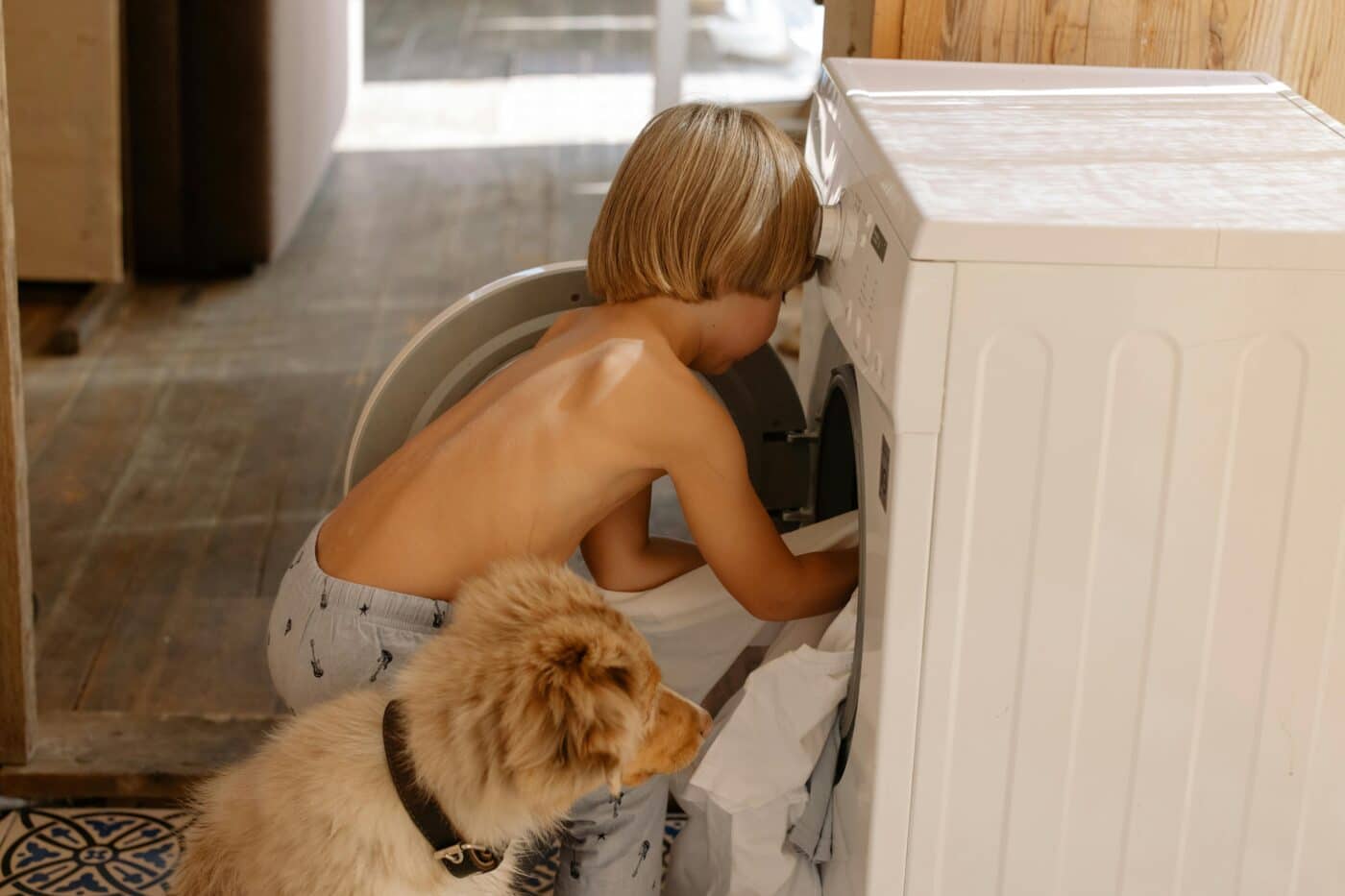 Shutterstock
Shutterstock
Dogs can be quirky, and one behavior that frequently confuses pet owners is their tendency to steal dirty laundry. Many dogs are irresistibly drawn to laundry piles, whether socks, shirts, or underwear. While this habit may seem mischievous, there’s more going on beneath the surface. Dogs often steal dirty laundry for various reasons, including instinctive behaviors, seeking comfort from your scent, or even craving attention. Understanding why your dog engages in this behavior can provide valuable insights into their needs and help you manage or redirect it more effectively.
Dogs Are Driven by Scent
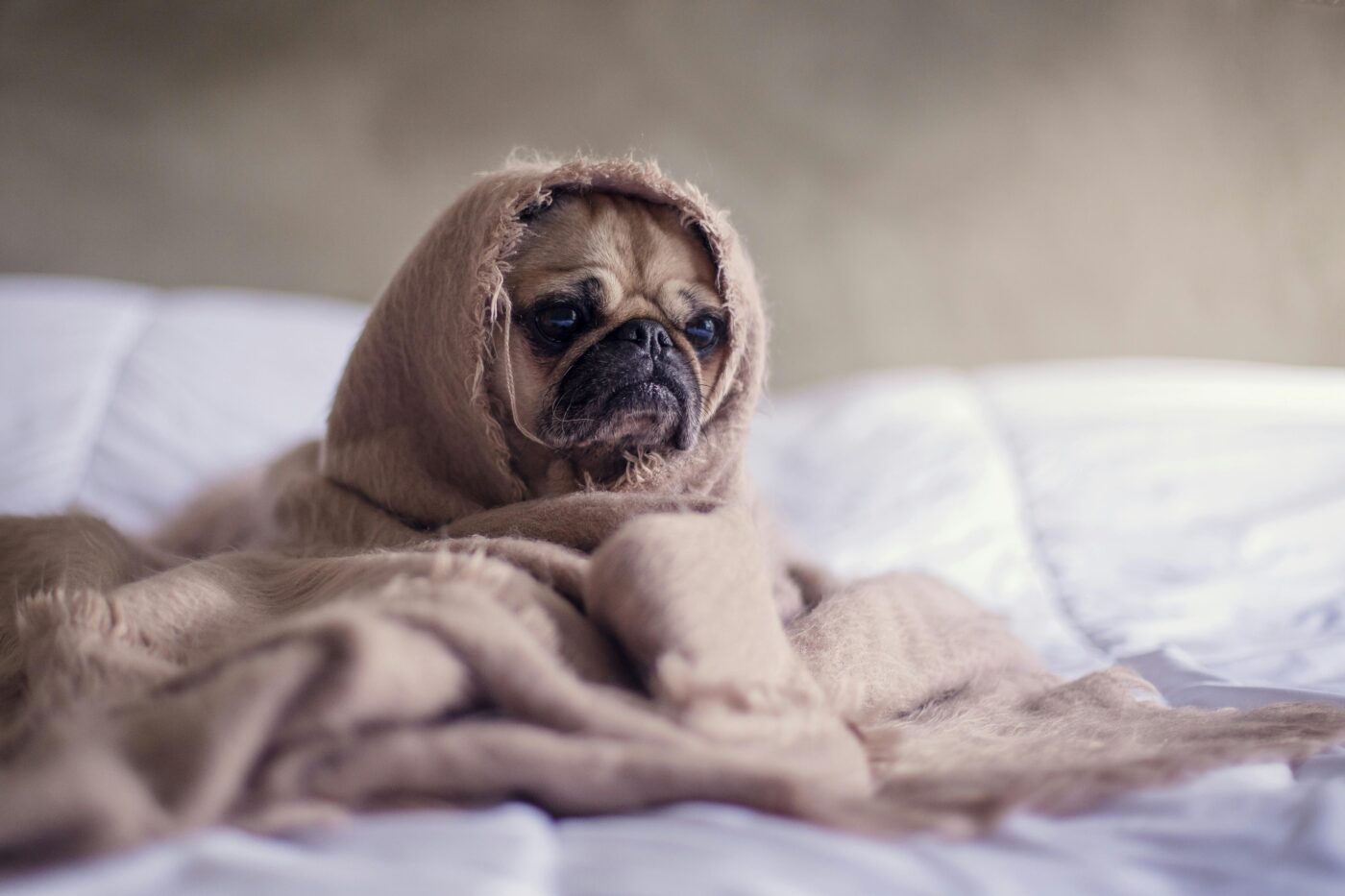 Shutterstock
Shutterstock
One of the primary reasons dogs steal your dirty laundry is because they are incredibly scent-driven animals. With a sense of smell up to 100,000 times stronger than ours, dogs are naturally drawn to items that carry a strong scent—especially items that smell like their favorite person. Your dirty clothes are saturated with your scent, making them irresistible to your dog. To a dog, your dirty laundry is like a comforting reminder of you, especially when you’re not around. The scent of your sweat, natural oils, and even your body products make your clothing familiar and reassuring. This is why your dog might go for items you’ve worn recently rather than clean laundry.
Seeking Comfort and Security
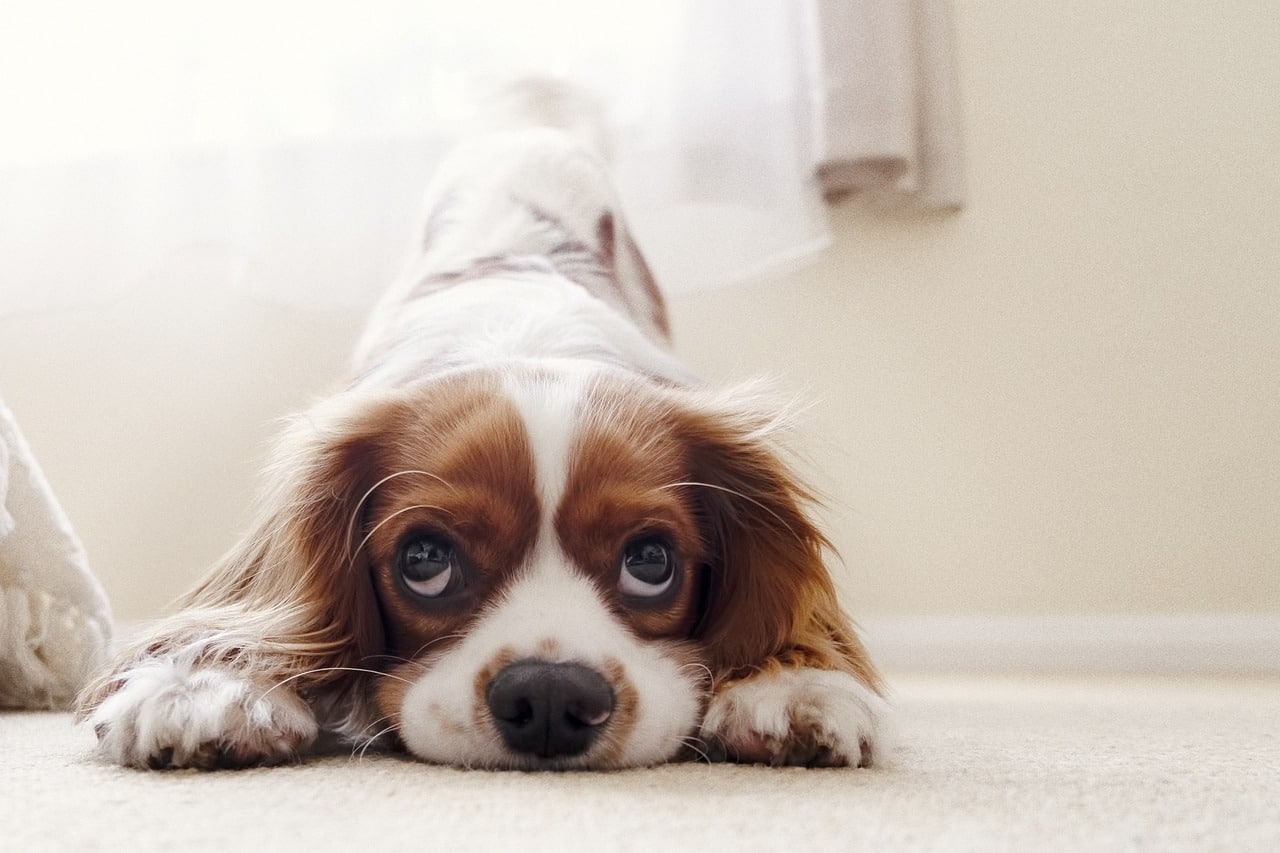 Shutterstock
Shutterstock
Another reason dogs steal your dirty laundry is that it provides them with a sense of comfort and security. When you’re away or your dog is feeling anxious, lonely, or stressed, they may turn to items that smell like you as a source of reassurance. This behavior is especially common in puppies and younger dogs who may experience separation anxiety. Your scent on the laundry reminds them of your presence and can help them feel less alone. In this way, stealing dirty laundry isn’t about being naughty—it’s a coping mechanism that provides emotional comfort in your absence.
Dogs Have a Strong Chewing Instinct
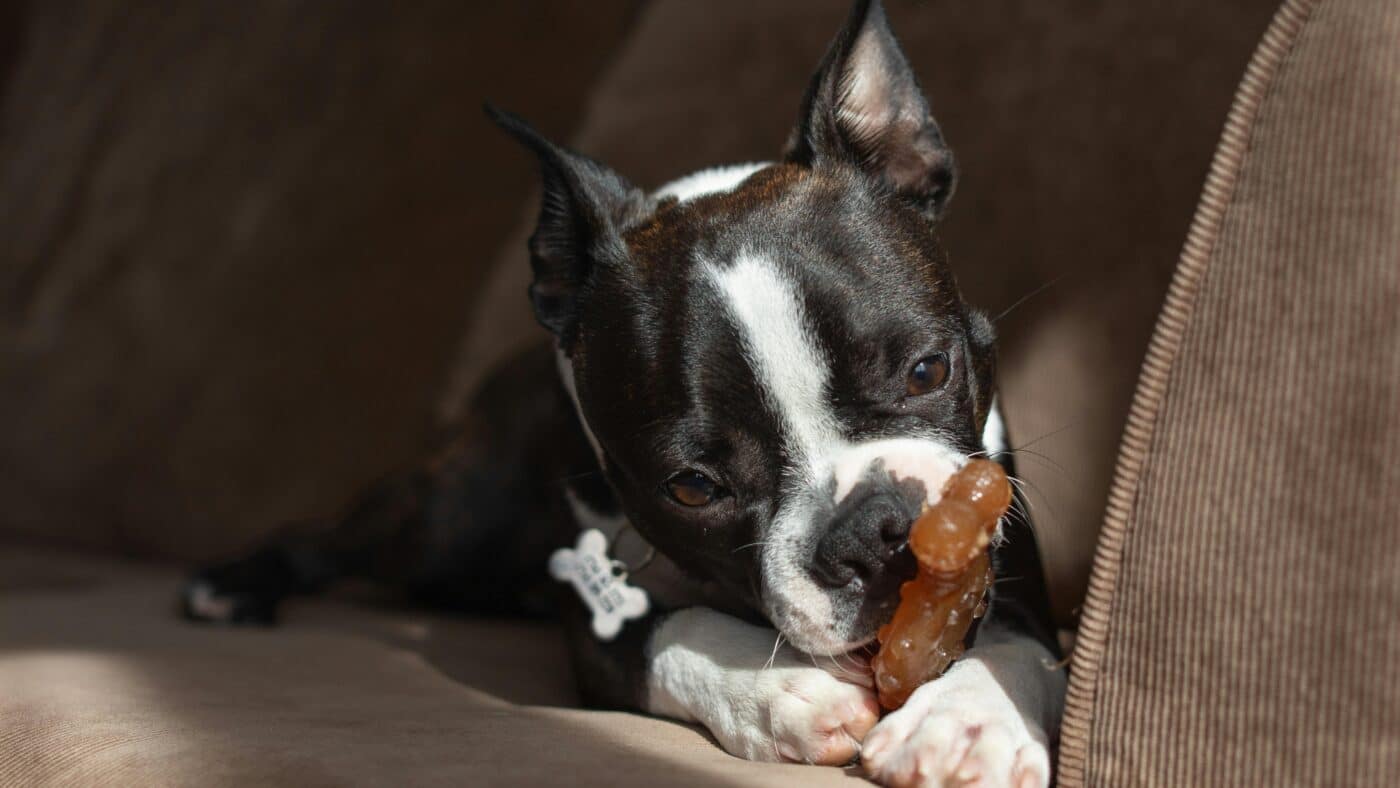 Shutterstock
Shutterstock
Dogs are natural chewers; for some, laundry provides the perfect outlet for this instinct. Socks, underwear, and t-shirts are soft, easy to chew, and carry the added bonus of your scent. Chewing is a natural behavior for dogs, especially puppies who are teething or dogs who are bored and looking for something to do. If your dog lacks appropriate chew toys or stimulation, they may turn to your laundry as a substitute. To them, a sock or shirt may feel like a satisfying object to gnaw on, and the familiar scent makes it even more appealing.
The Thrill of the Chase
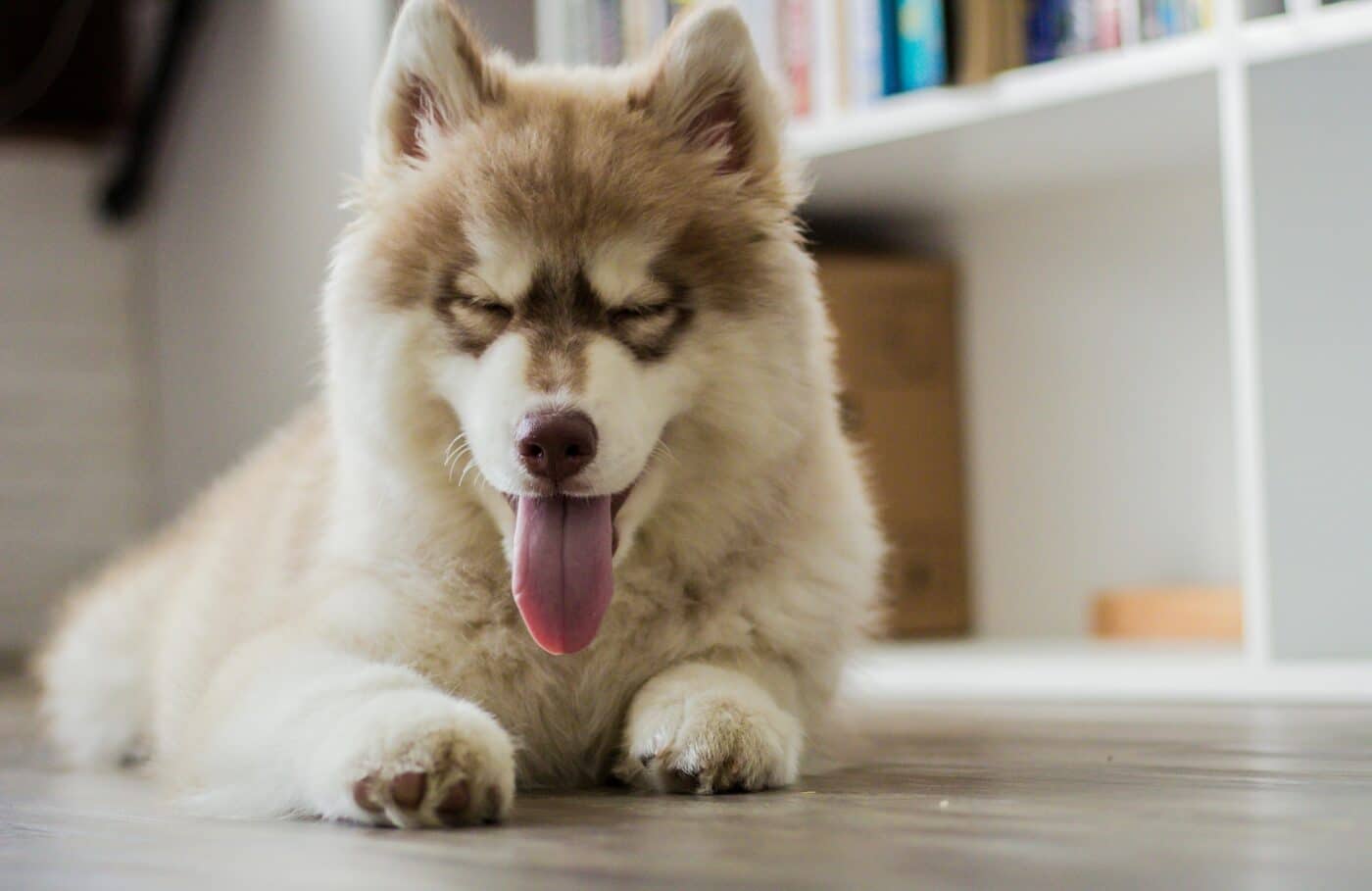 Shutterstock
Shutterstock
Sometimes, stealing laundry is all about fun. Dogs are playful creatures, and they love engaging in games, especially games that involve a bit of a chase. When your dog grabs a sock or a shirt and runs off with it, they’re likely trying to initiate a playful game of “catch me if you can.” This behavior can be particularly reinforced if you’ve chased after them in the past when they’ve stolen something. To your dog, this turns laundry stealing into an exciting game. What starts as a simple act of grabbing a sock becomes a thrilling interaction with their favorite human, where the chase becomes the reward.
Attention-Seeking Behavior
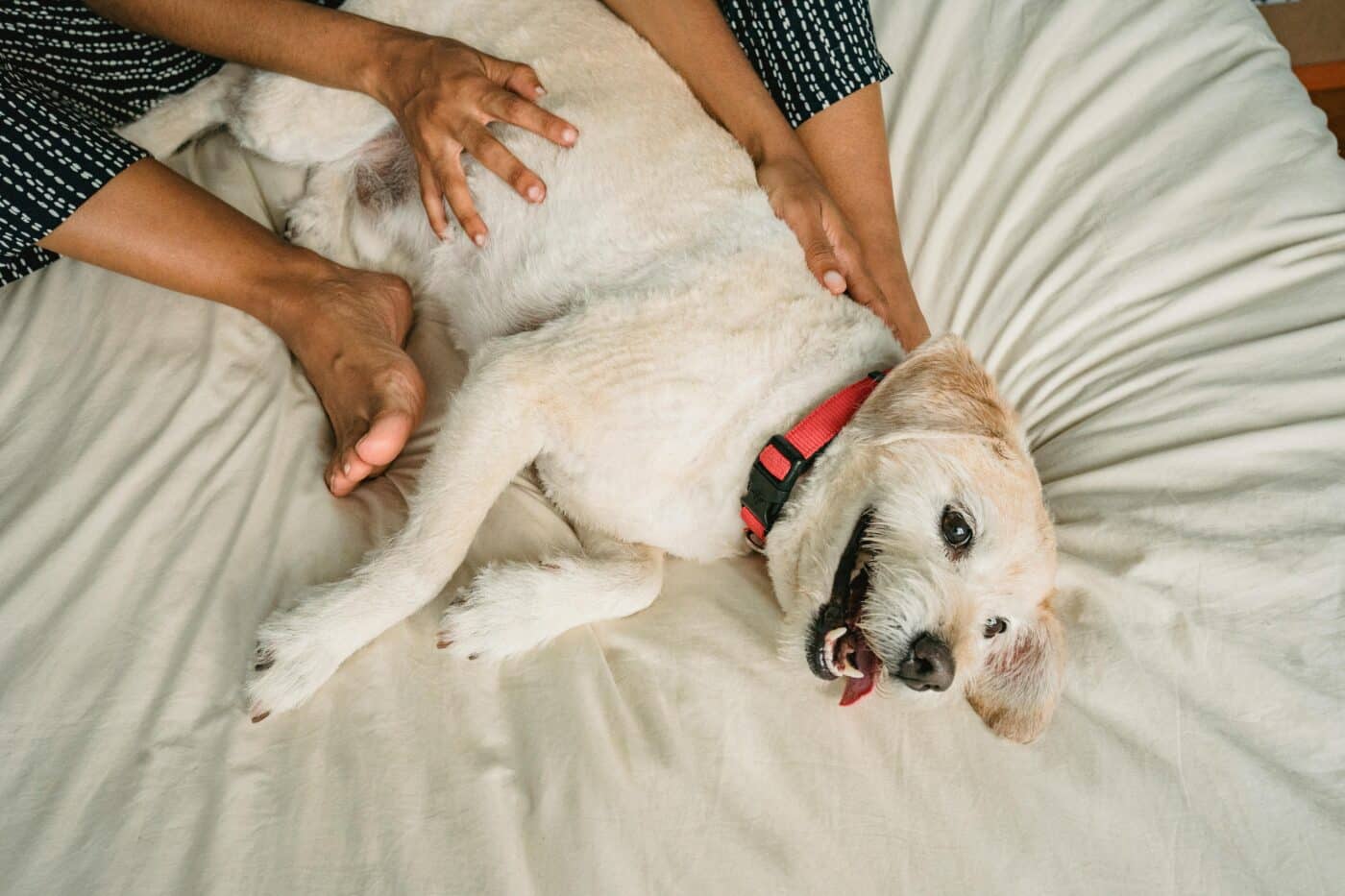 Shutterstock
Shutterstock
Dogs are social animals that crave attention and interaction with their owners. If your dog feels that they aren’t getting enough attention, they may steal laundry to get a reaction from you. Even if you respond with frustration or try to retrieve the stolen item, your dog may interpret this as attention and consider it a success. In their eyes, stealing laundry guarantees a response from you, whether playing, scolding, or chasing. This behavior can become a learned habit if your dog realizes that taking your laundry is a surefire way to engage with you.
Investigating the Pack Leader’s Possessions
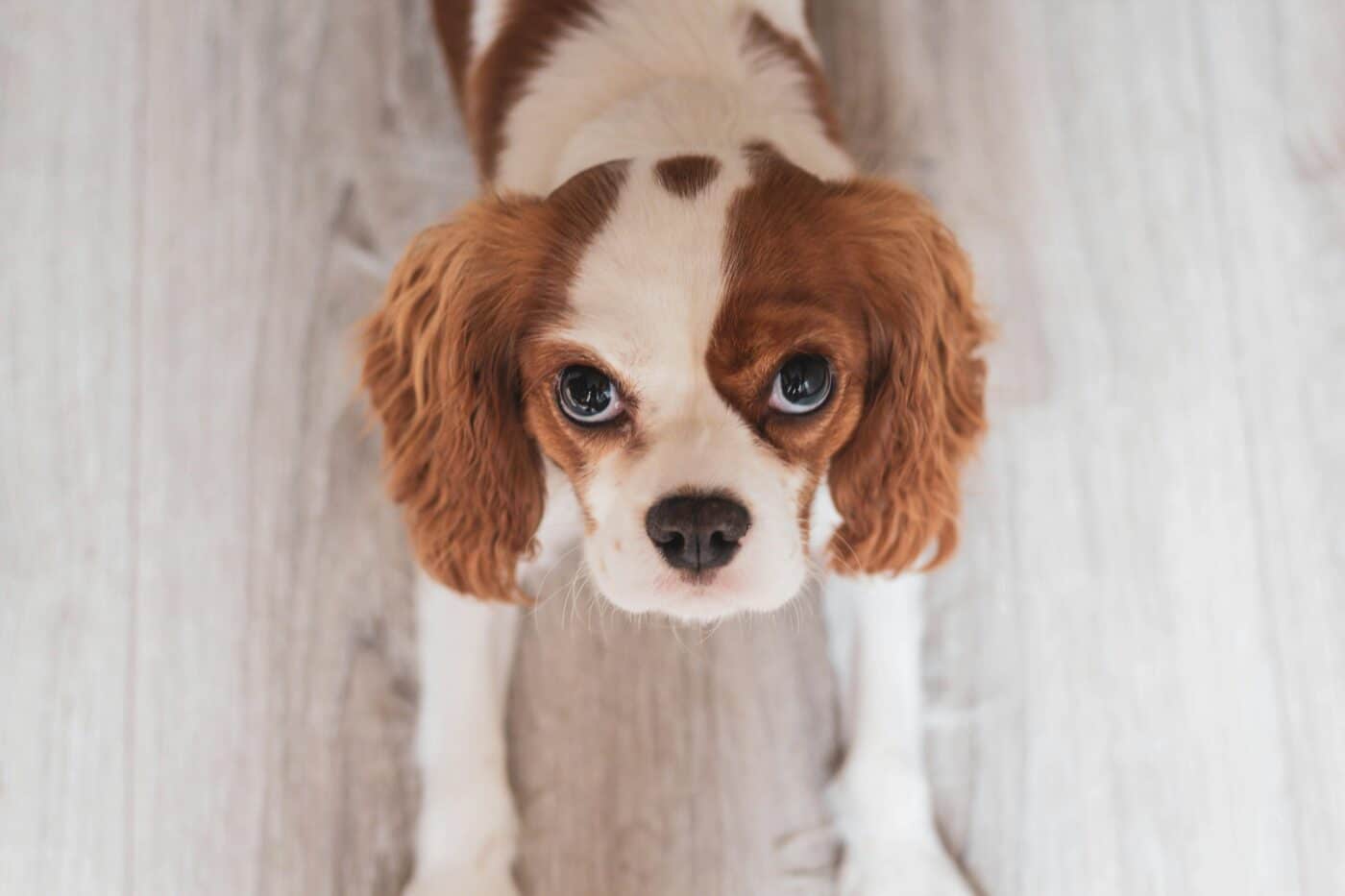 Shutterstock
Shutterstock
In the wild, dogs have a natural instinct to explore and investigate their environment, especially items that belong to their pack leader. Since dogs view their owners as part of their pack, they are naturally curious about the things that belong to them. Stealing laundry may simply be your dog’s way of exploring the environment, especially objects that carry your scent. This investigative behavior stems from their wolf ancestors, who routinely examine their surroundings and anything new or interesting within the pack. Your laundry might not be new, but it’s undeniably interesting to your dog.
Reinforcing Pack Bonds
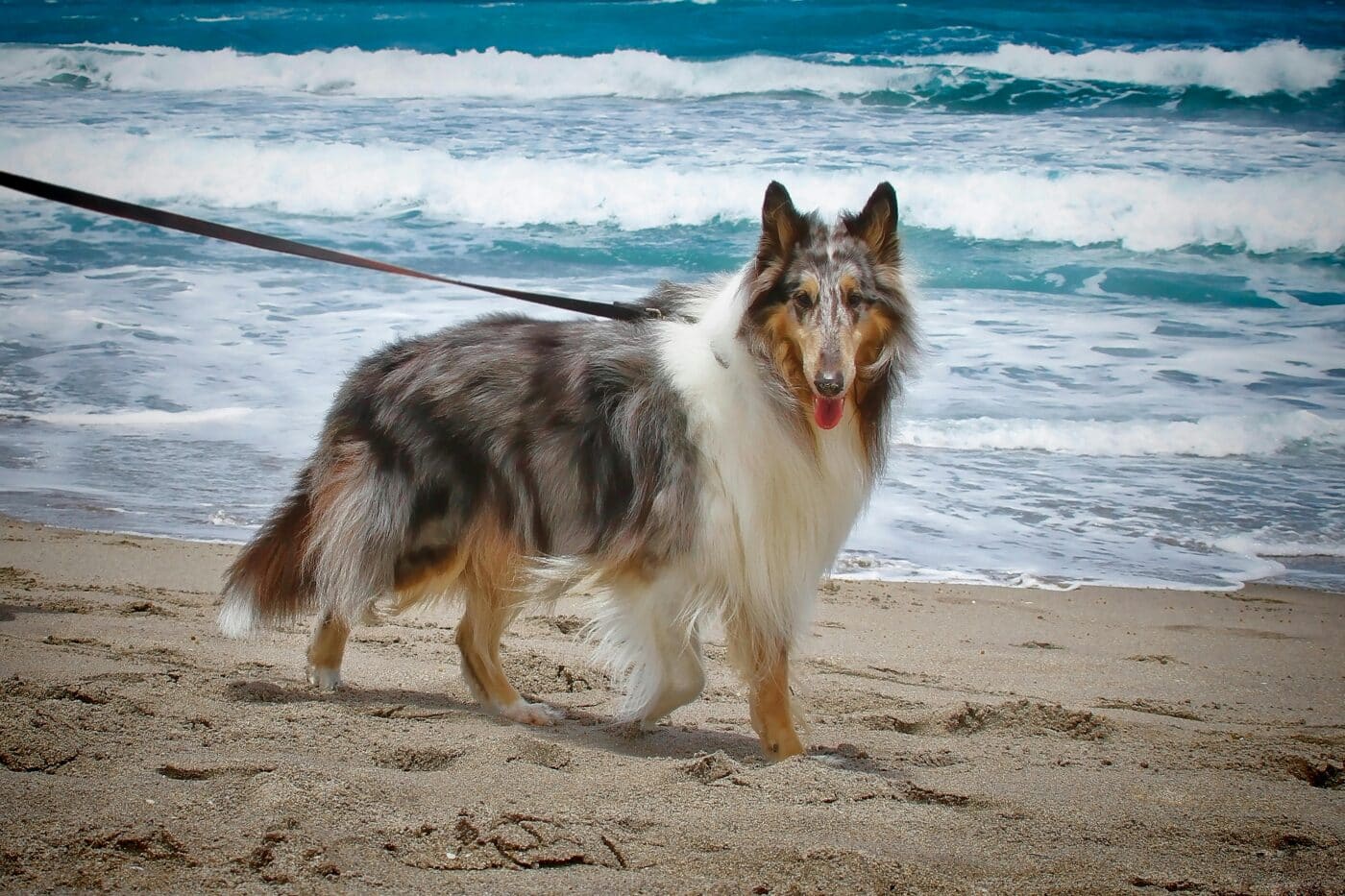 Shutterstock
Shutterstock
For dogs, bonding with their human “pack” is an important part of their lives. Your scent is a significant part of how dogs connect with you, and grabbing items that smell like you reinforces that bond. This behavior can also be seen as an attempt to share in your world, bringing your belongings into their space to feel closer to you. In this way, dogs stealing laundry could be viewed as a bonding ritual where your dog is simply trying to be close to their pack leader, even when you’re not directly engaging with them.
It’s All About Texture
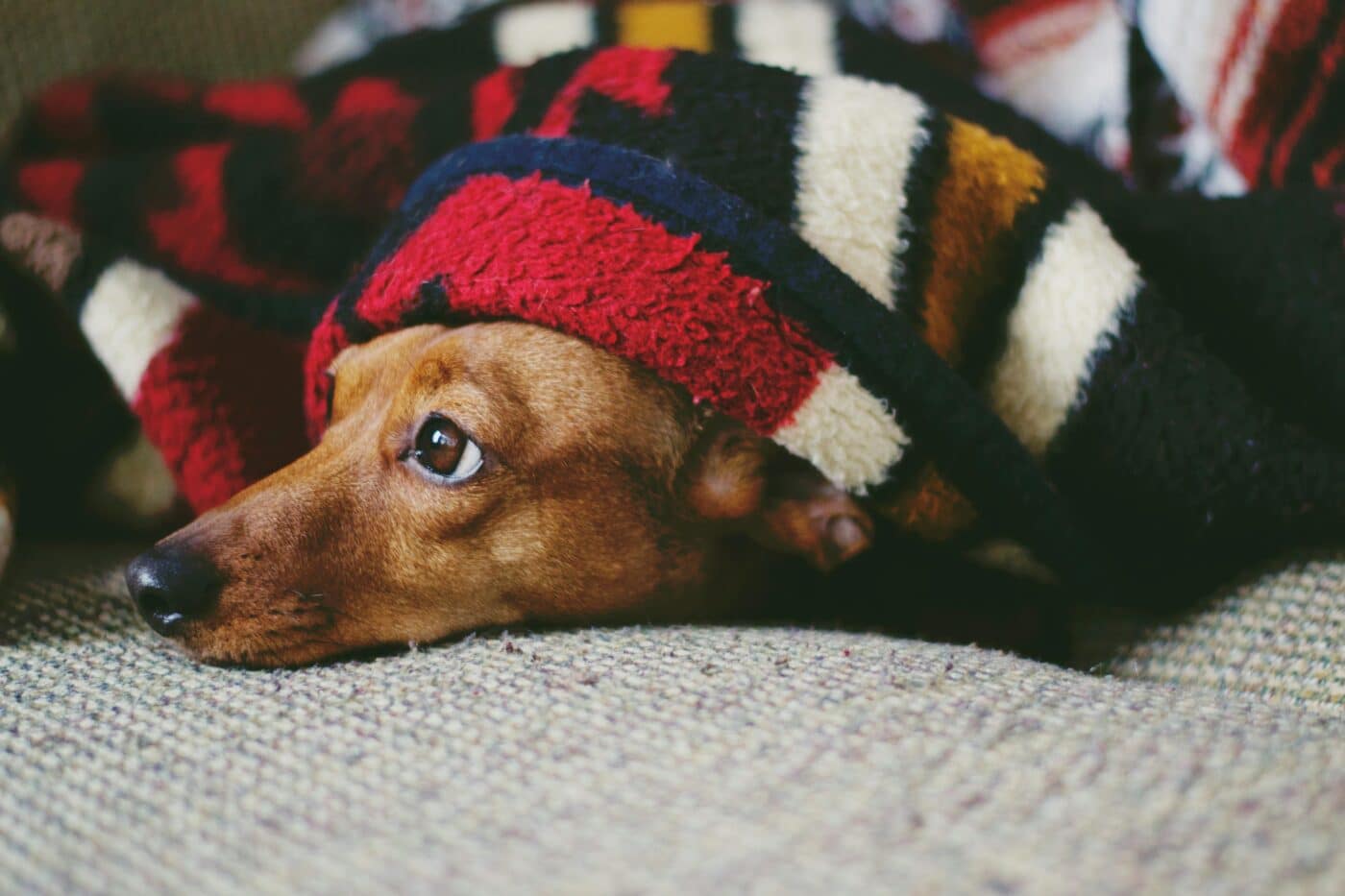 Shutterstock
Shutterstock
Dogs often have a favorite type of fabric they like to grab, and it’s not just about the smell—texture plays a big role, too. Some dogs are particularly drawn to soft, stretchy fabrics like socks or underwear, while others may prefer the rougher texture of jeans or sweatshirts. The texture of the fabric can be satisfying to carry or chew, making certain items more appealing than others. If your dog repeatedly goes after the same type of clothing, they’ve likely developed a preference for the feel of that fabric in their mouth, in addition to enjoying your scent.
Laundry as a Substitute for Toys
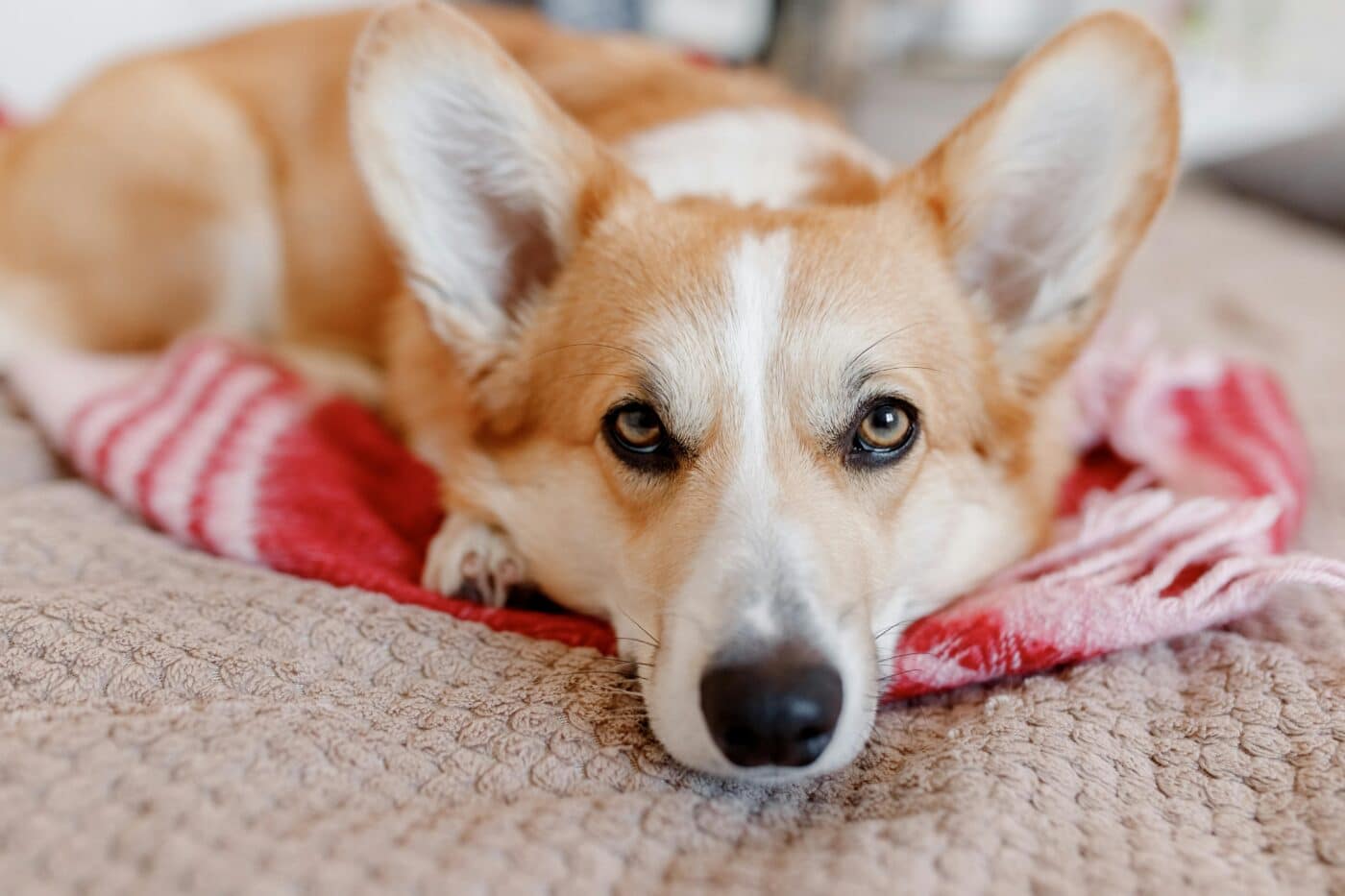 Shutterstock
Shutterstock
If your dog doesn’t have enough toys to keep them mentally and physically stimulated, they might turn to household items—like your laundry—as a substitute. Boredom is one of the main reasons dogs engage in destructive behaviors; stealing laundry can be a symptom of that boredom. Without appropriate outlets for their energy and curiosity, your dog might start grabbing whatever’s available, including your dirty socks or t-shirts. Plenty of engaging toys, puzzles, and activities can help divert their attention away from your laundry and onto more suitable playthings.
Dogs Love Smelly Stuff
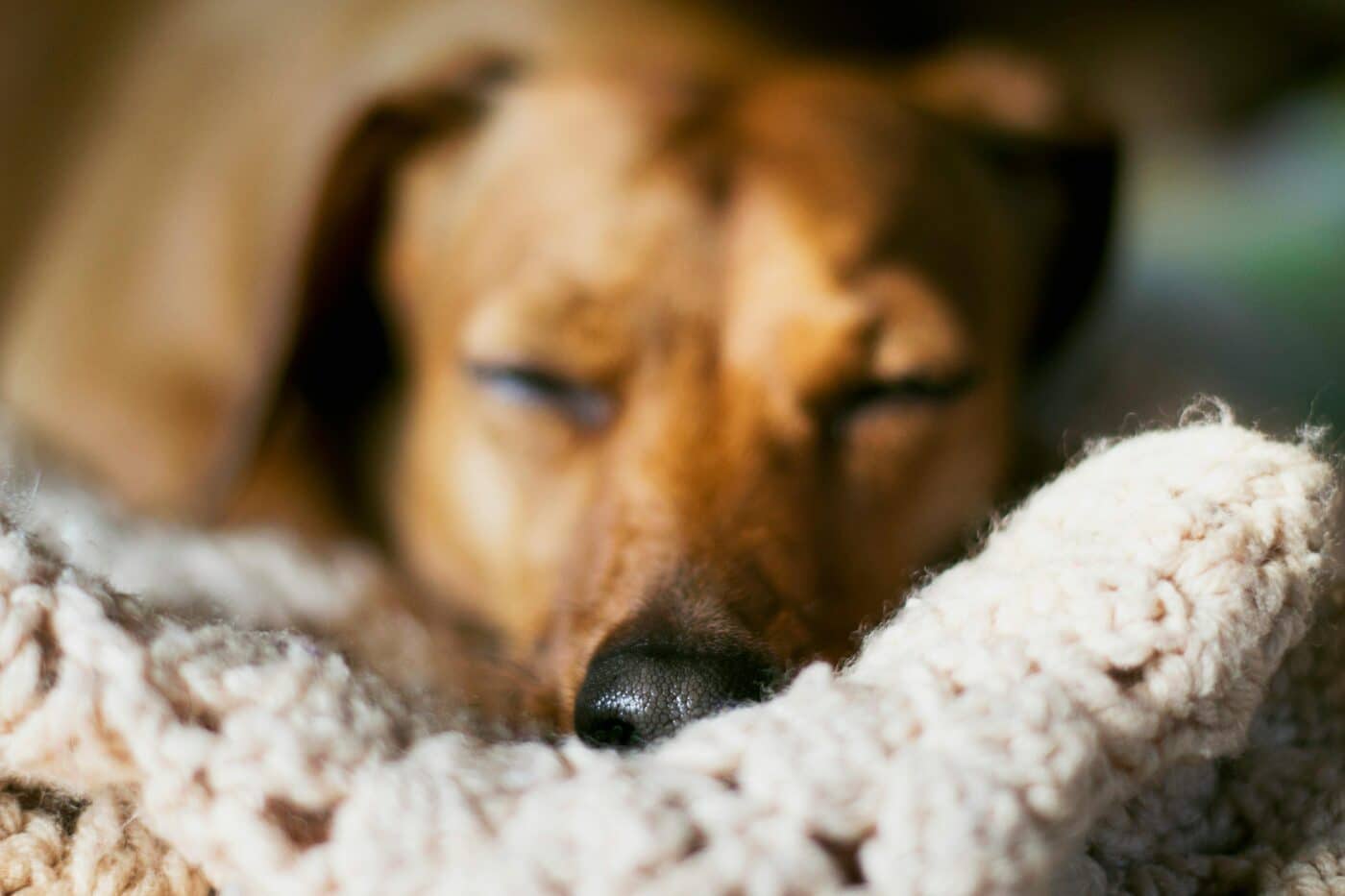 Shutterstock
Shutterstock
It might sound gross, but dogs are naturally attracted to strong smells, and dirty laundry certainly fits the bill. Sweat, natural oils, and other odors in your clothing make it a smelly treasure trove for dogs drawn to intense scents. While humans avoid dirty laundry piles because of the smell, dogs find those odors fascinating. This instinct dates back to their wild ancestors, who relied on their sense of smell for survival. To your dog, the strong scent of your laundry is interesting and worth investigating, even if it seems unpleasant to us.
Managing the Behavior
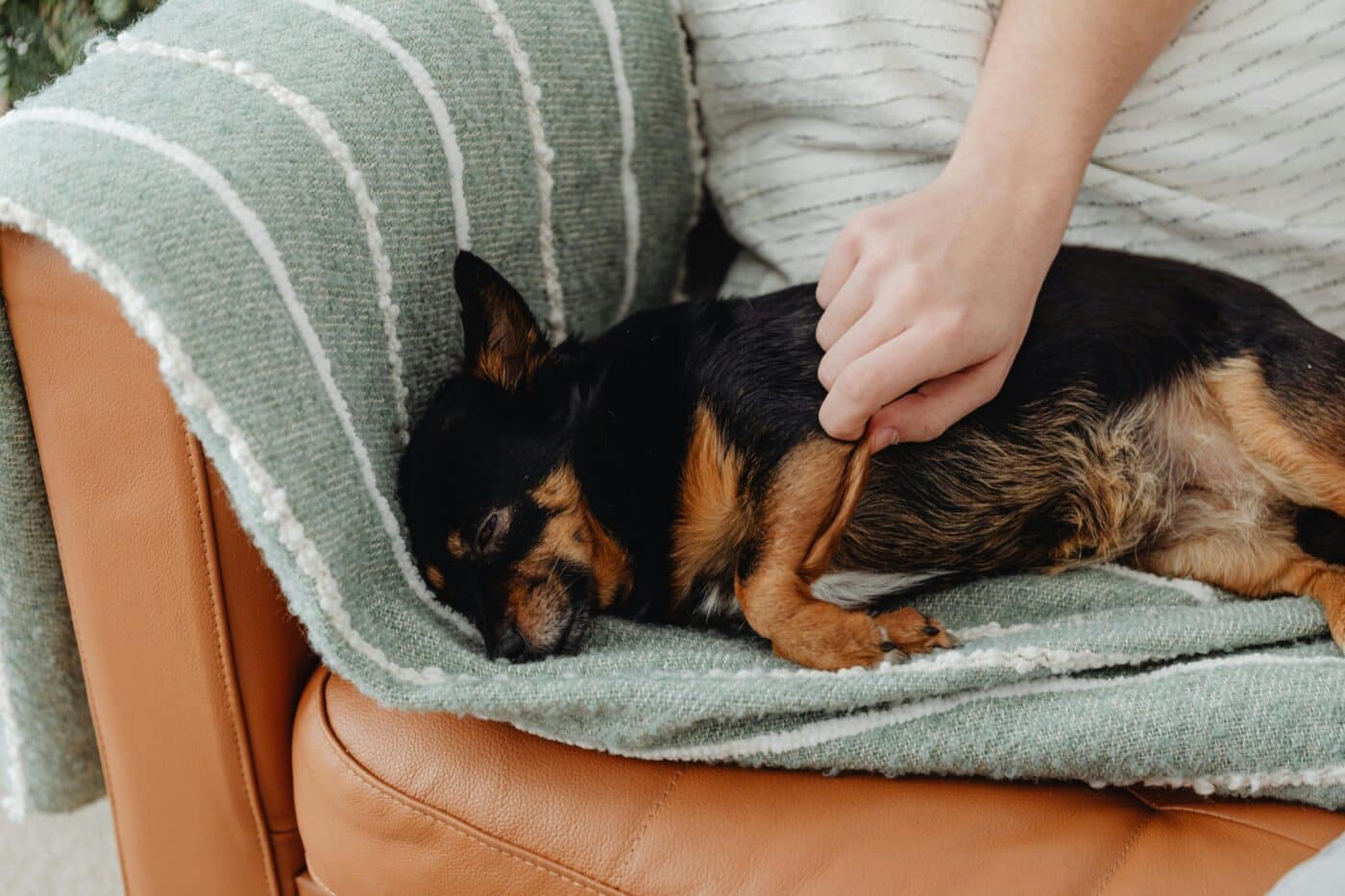 Shutterstock
Shutterstock
While stealing laundry is often harmless, it can become problematic if your dog starts chewing or ingesting items. Ingesting fabric can lead to serious health issues like intestinal blockages. If your dog frequently steals laundry, managing the behavior is essential to keep them safe. One effective strategy is to provide plenty of alternatives, such as chew toys, puzzle games, and interactive playtime. You can also ensure your laundry is kept out of reach, either by using a lidded hamper or in a closed room. Training your dog to leave items on command and reinforcing positive behaviors can also help minimize laundry stealing.
The Great Laundry Heist: It’s More Than Mischief!
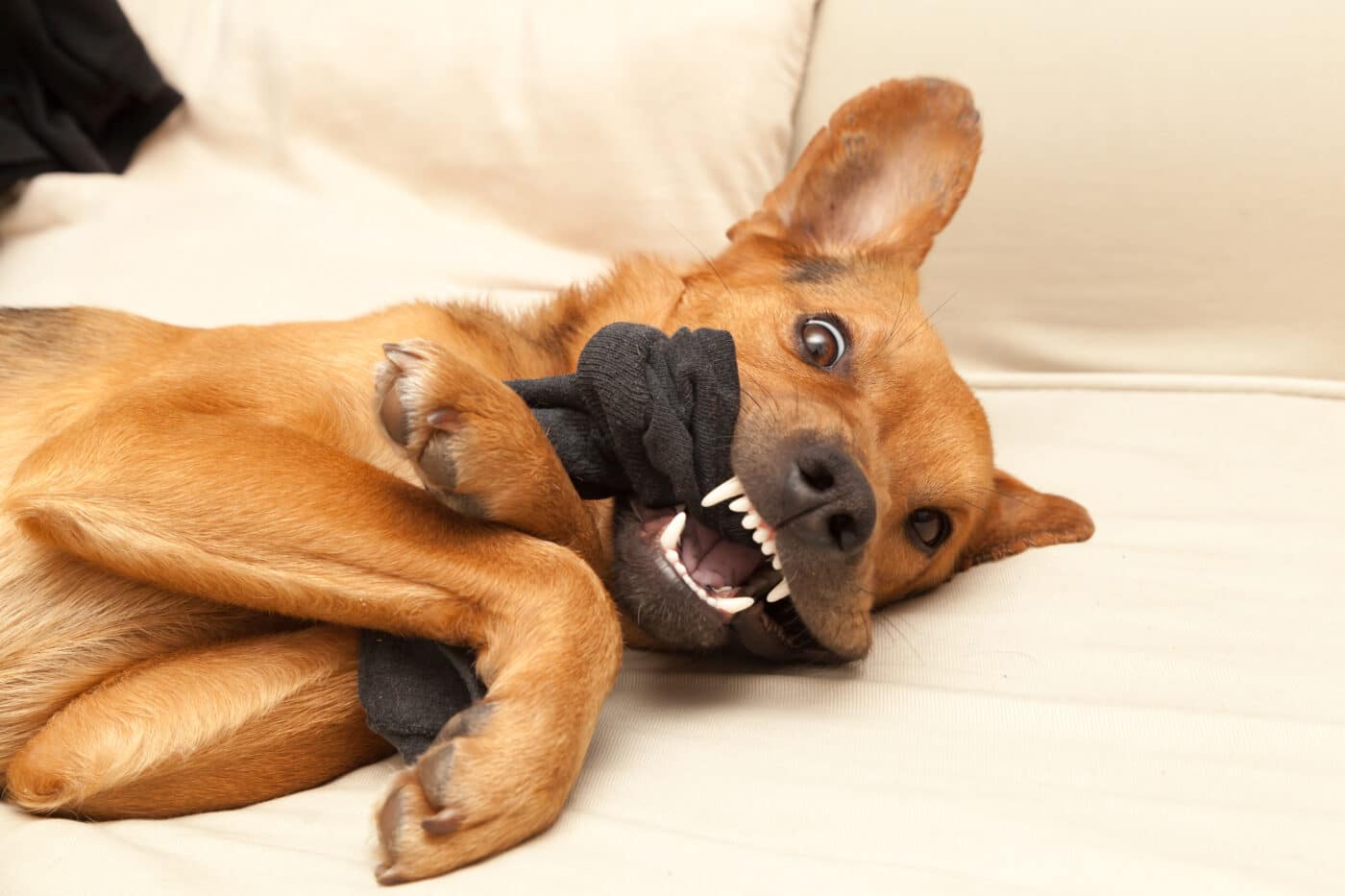 Shutterstock
Shutterstock
At the end of the day, your dog’s habit of stealing dirty laundry goes beyond simple mischief. Dogs have various reasons for this behavior, whether drawn to your scent, seeking comfort, or craving extra attention. While it can be both amusing and frustrating, understanding why your dog engages in it allows you to address their needs more effectively. So, the next time your socks disappear, remember—it’s not just about being naughty. Your dog is communicating something, and it’s worth paying attention!

 1 month ago
11
1 month ago
11

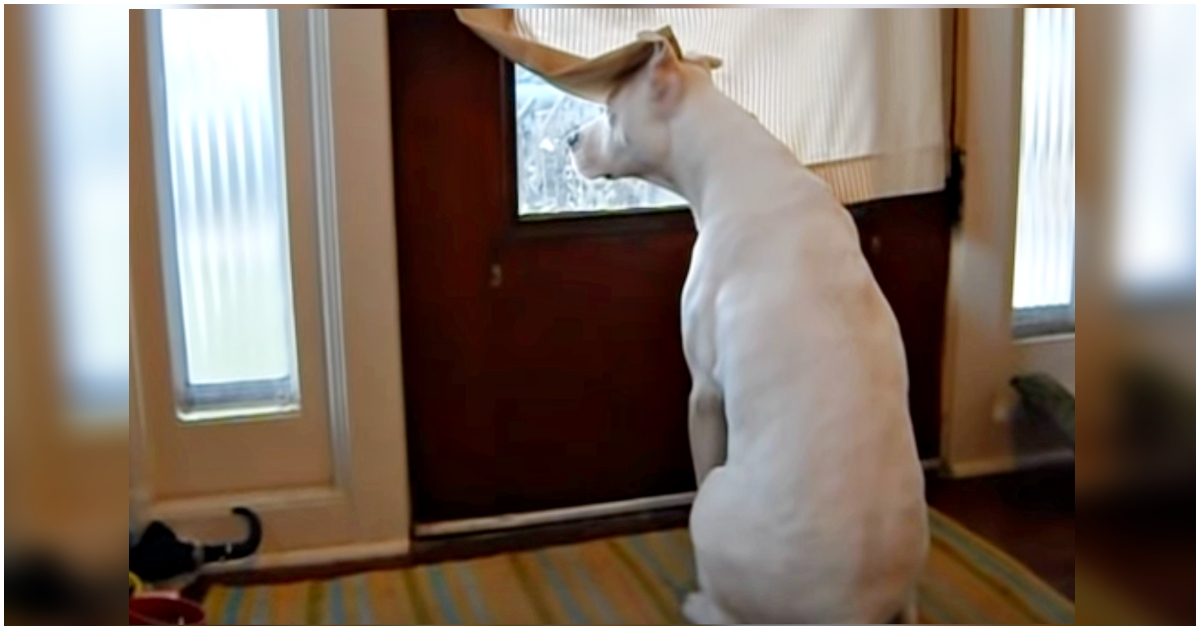
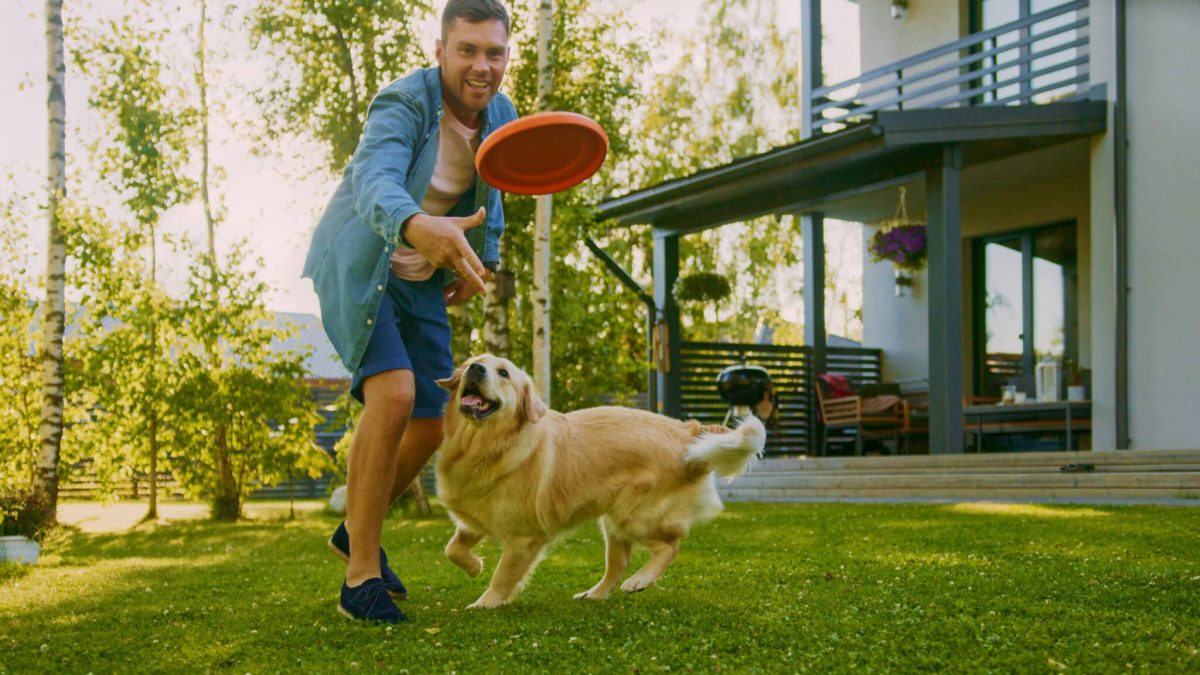
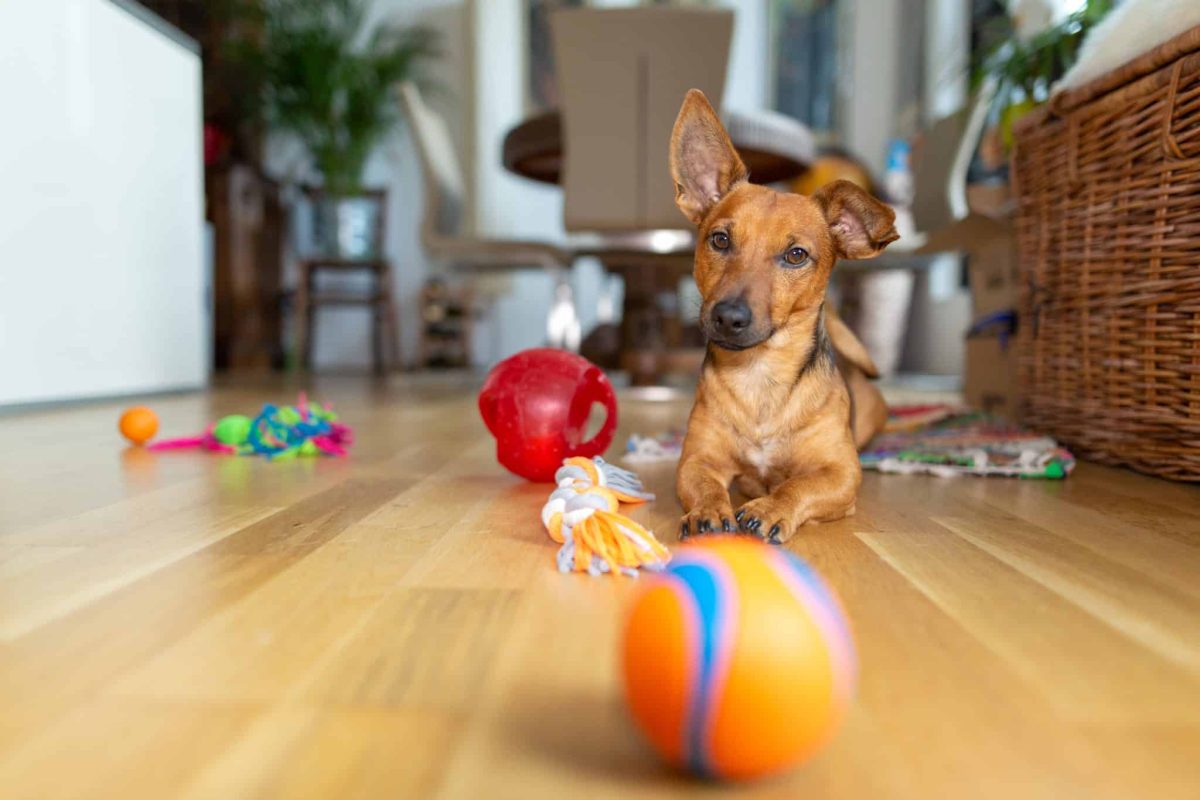
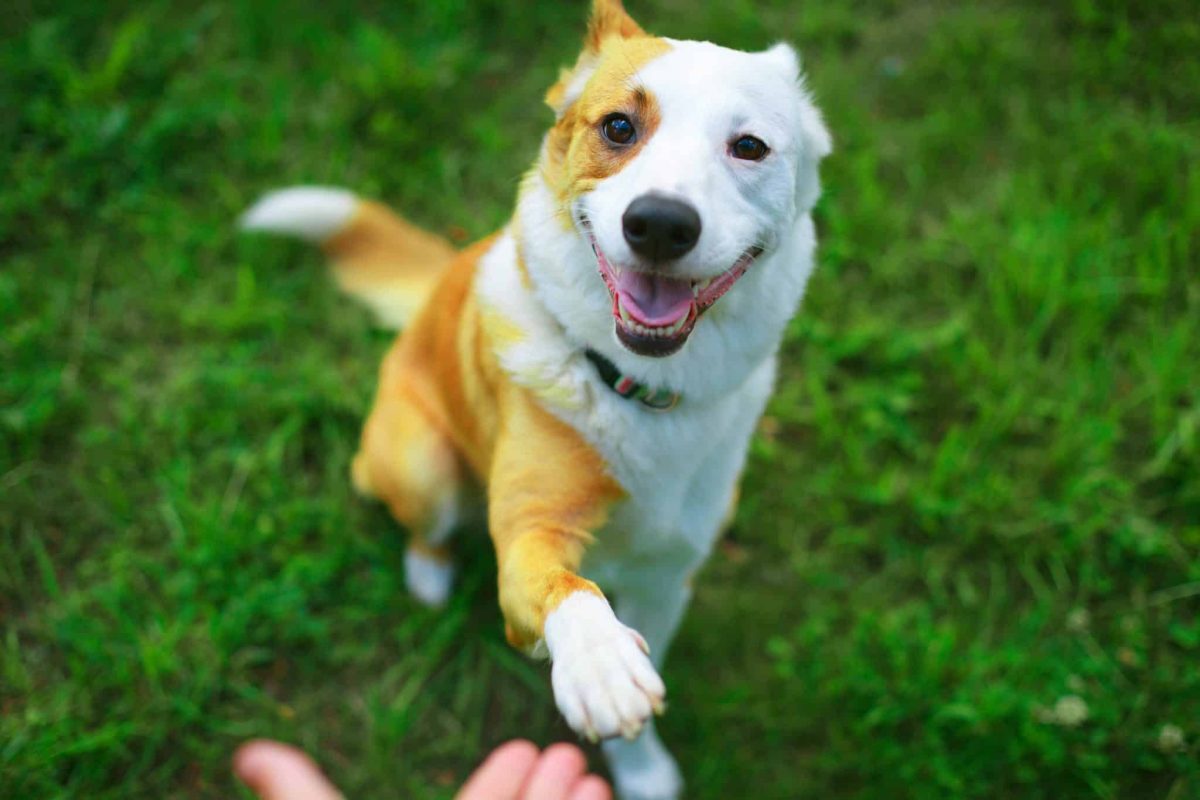
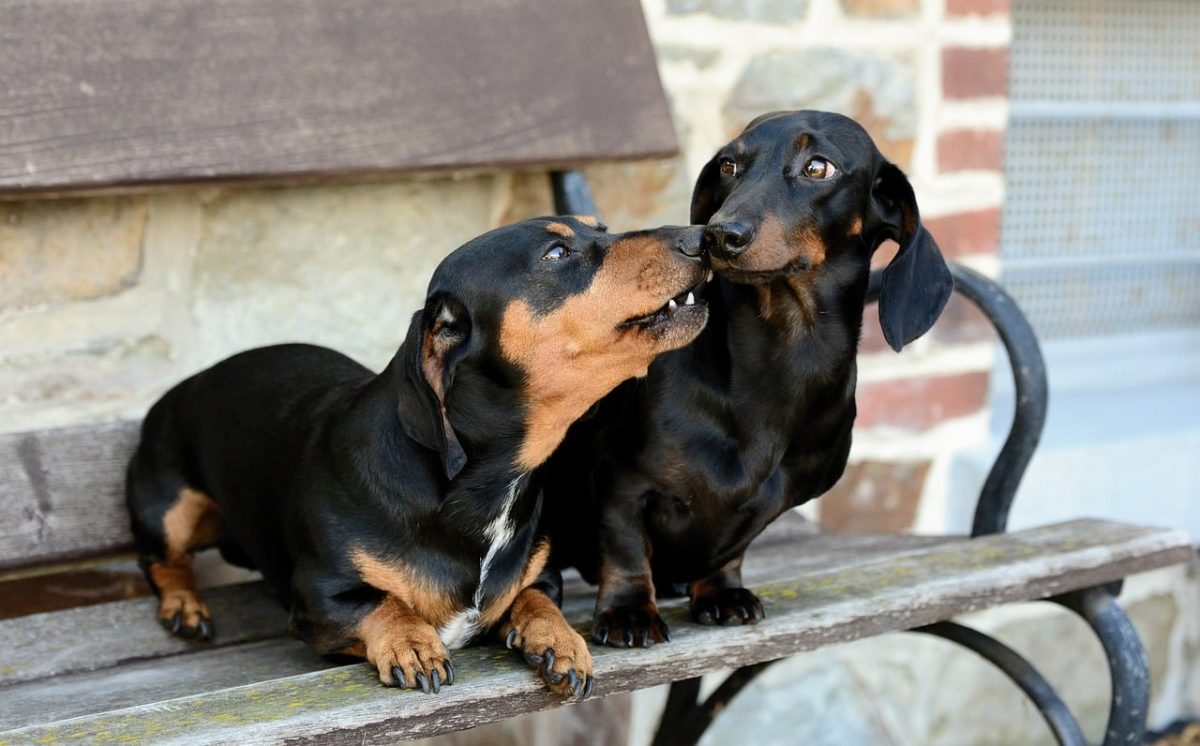
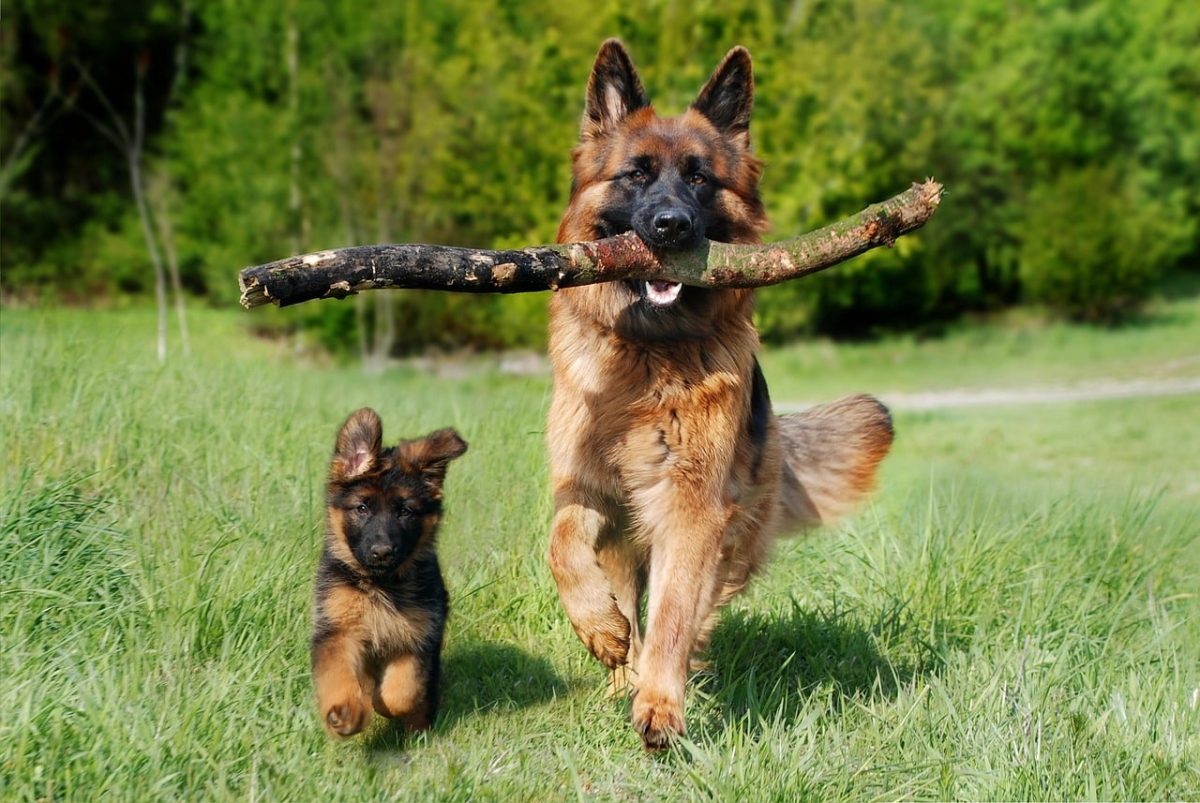


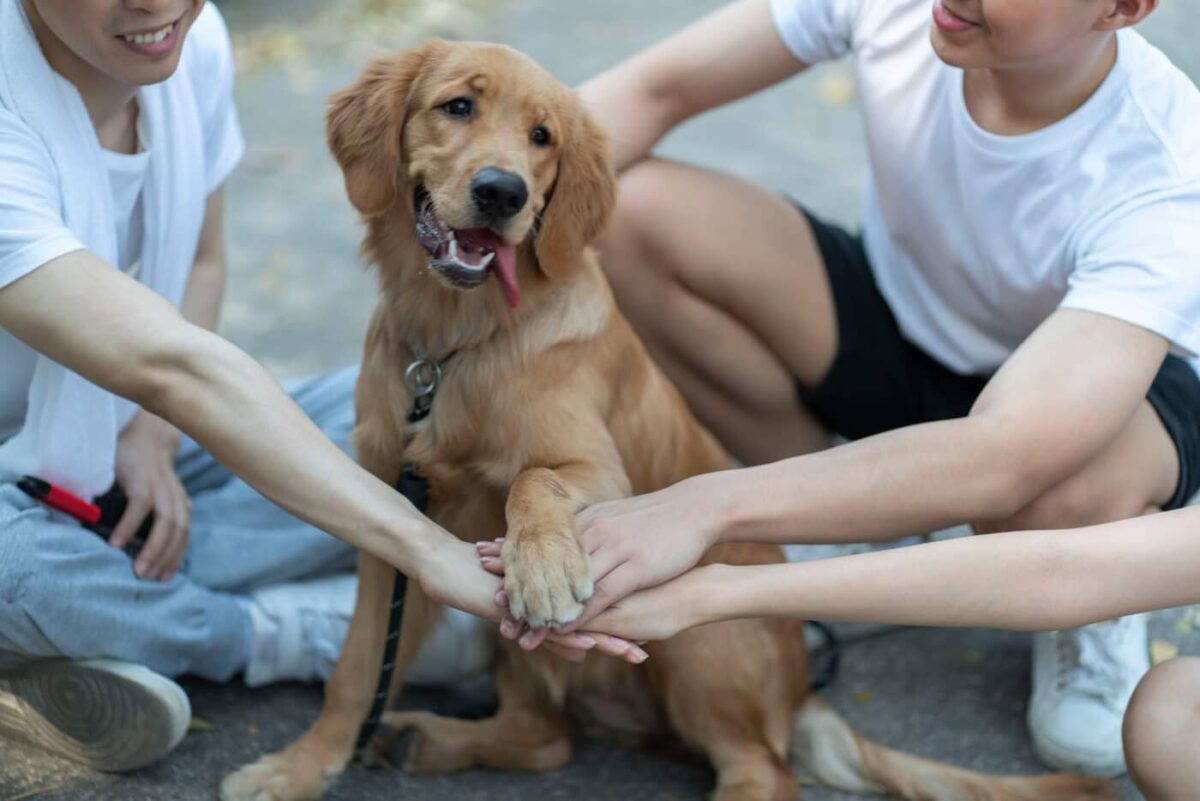
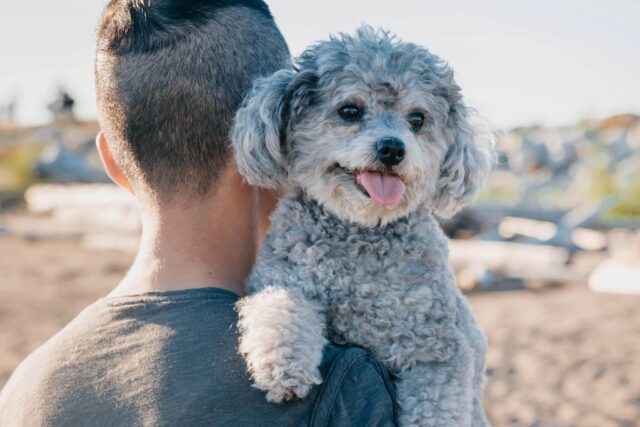
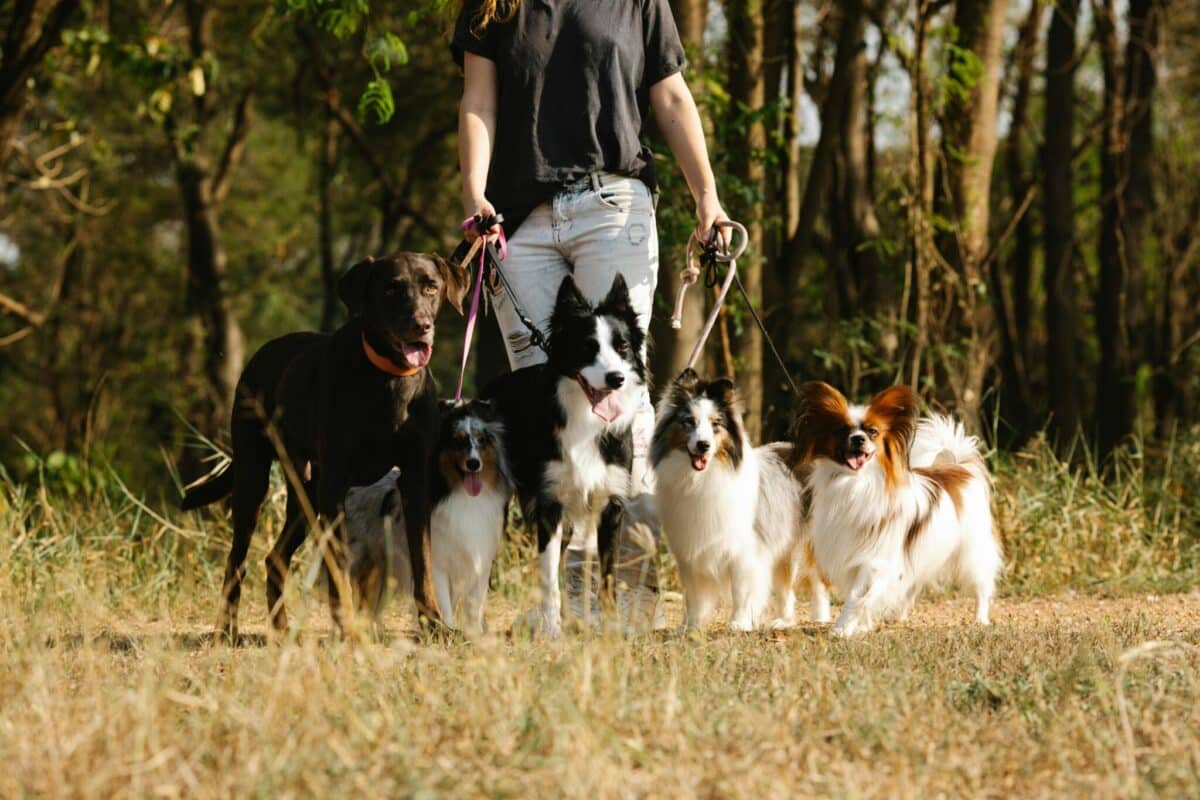
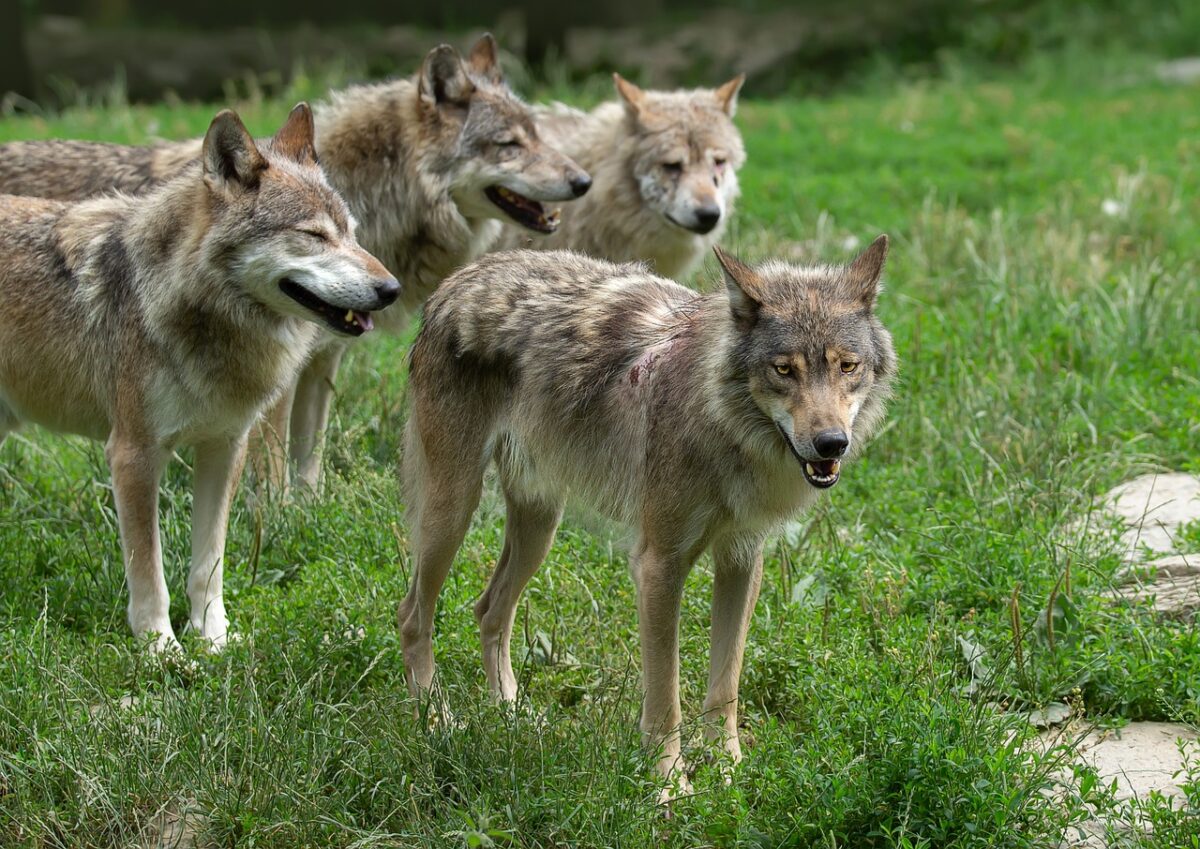
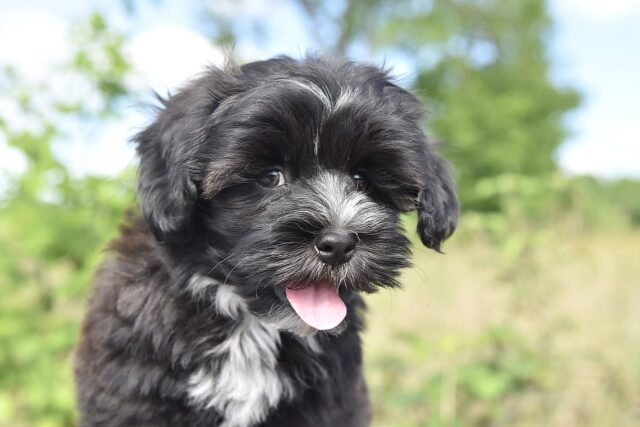
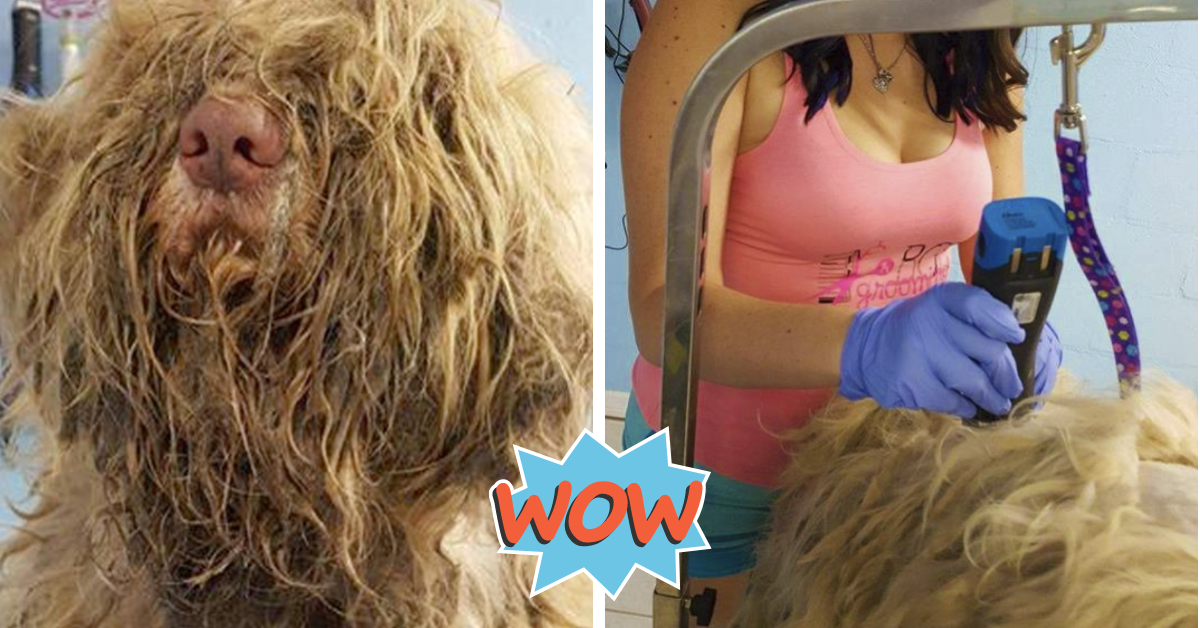

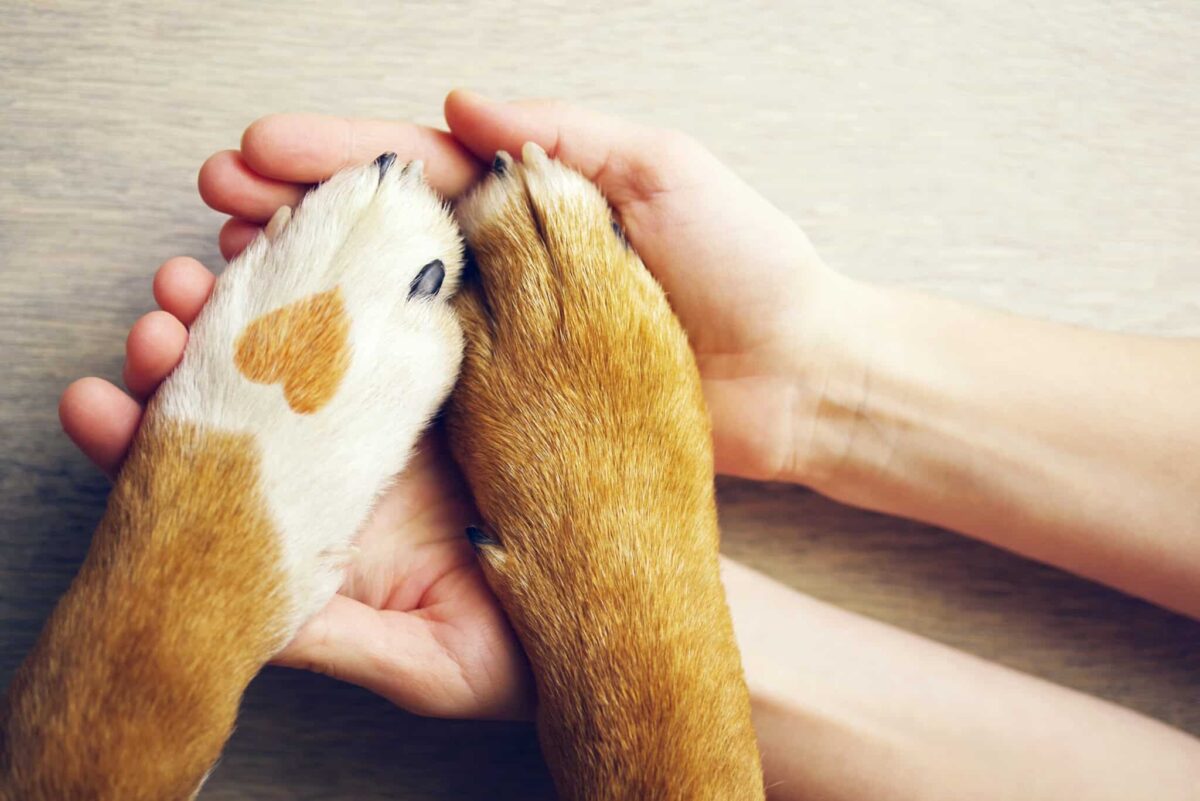
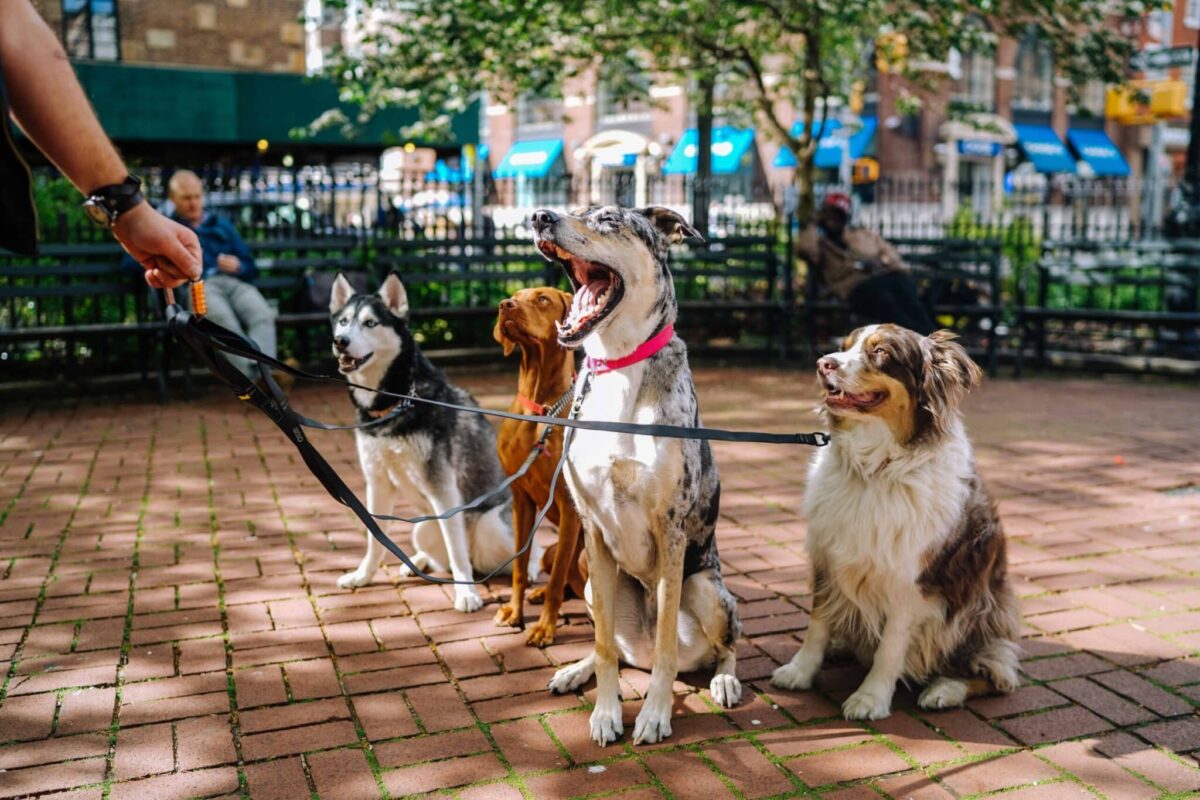
 English (US) ·
English (US) ·